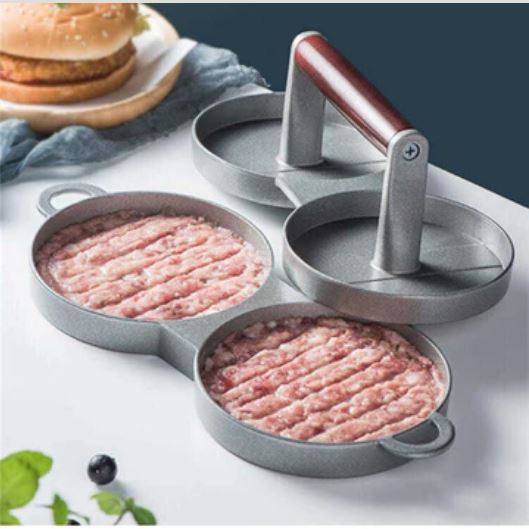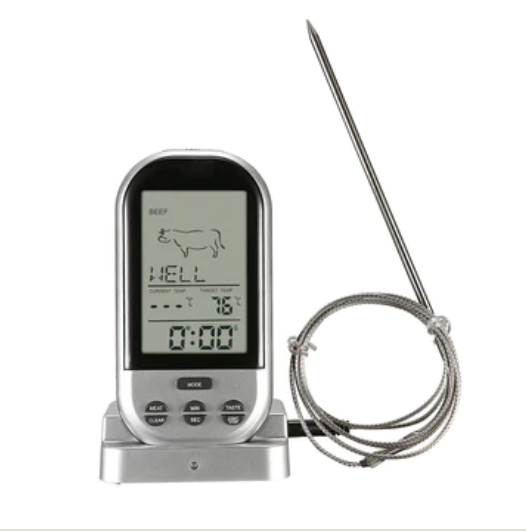Introduction
Embarking on a fitness journey, whether it's for bodybuilding or just to improve your overall health, requires careful attention to your diet. To achieve your fitness goals, you need to understand and manage your macronutrient intake, and one of the most essential tools for this task is a food scale. In this blog post, we'll explore how a food scale can be your secret weapon in achieving precise macro tracking, ensuring that you stay on the right path towards your fitness goals.
What are Macros?
Before we dive into the benefits of a food scale, let's briefly understand what macros are. Macros, short for macronutrients, are the three primary categories of nutrients found in the foods we consume:
- Carbohydrates
- Proteins
- Fats
Each of these macronutrients plays a distinct role in our body, and the proportion of these macros in your diet can significantly impact your fitness progress.
The Importance of Precision
One of the fundamental principles of nutrition and fitness is that to achieve specific results, you need precise control over your macronutrient intake. Whether you're bulking up for bodybuilding or trying to shed a few pounds, knowing exactly how much of each macro you're consuming is crucial. This level of precision is where a food scale comes into play.
Why Use a Food Scale?
-
Accurate Portion Control: One of the biggest advantages of using a food scale is that it allows you to measure your food with high accuracy. This is especially important when you're tracking your macros. Eyeballing portion sizes is not only imprecise but can also lead to overeating or undereating, sabotaging your fitness goals.
-
Consistency: Consistency is key in any fitness or bodybuilding regimen. Using a food scale ensures that you consistently hit your macro targets, day in and day out. Over time, this consistency leads to more predictable results.
-
Learning Experience: Measuring your food with a scale can be a great educational experience. It helps you understand the macro content of different foods and how portion sizes affect your daily intake. This knowledge empowers you to make informed dietary choices.
-
Avoid Hidden Calories: Many packaged foods can be misleading when it comes to portion sizes and calorie counts. Using a food scale helps you uncover hidden calories and keeps you from falling into the trap of unintentionally overconsuming.
Tips for Effective Macro Tracking with a Food Scale
-
Invest in a Good Quality Food Scale: Look for a digital food scale with a tare function, as this allows you to zero out the weight of your plate or container, making it easier to measure your food accurately.
-
Weigh Your Food Raw: For the most accurate results, weigh your food items in their raw state. This is especially important for proteins like meat and poultry, as cooking can cause significant weight loss due to moisture evaporation.
-
Track Your Progress: Use a food tracking app or a journal to record your daily food intake and monitor your progress. This will help you make adjustments as needed to reach your fitness goals.
Conclusion
A food scale is an invaluable tool for anyone serious about tracking their macros for fitness and bodybuilding. It provides the accuracy and consistency required to meet your dietary goals and helps you make informed choices about the foods you consume. So, whether you're bulking up, cutting down, or simply trying to maintain a healthy diet, make sure to incorporate a food scale into your routine. It's a small investment that can yield significant results on your fitness journey. Remember, precision in the kitchen leads to success in the gym!




